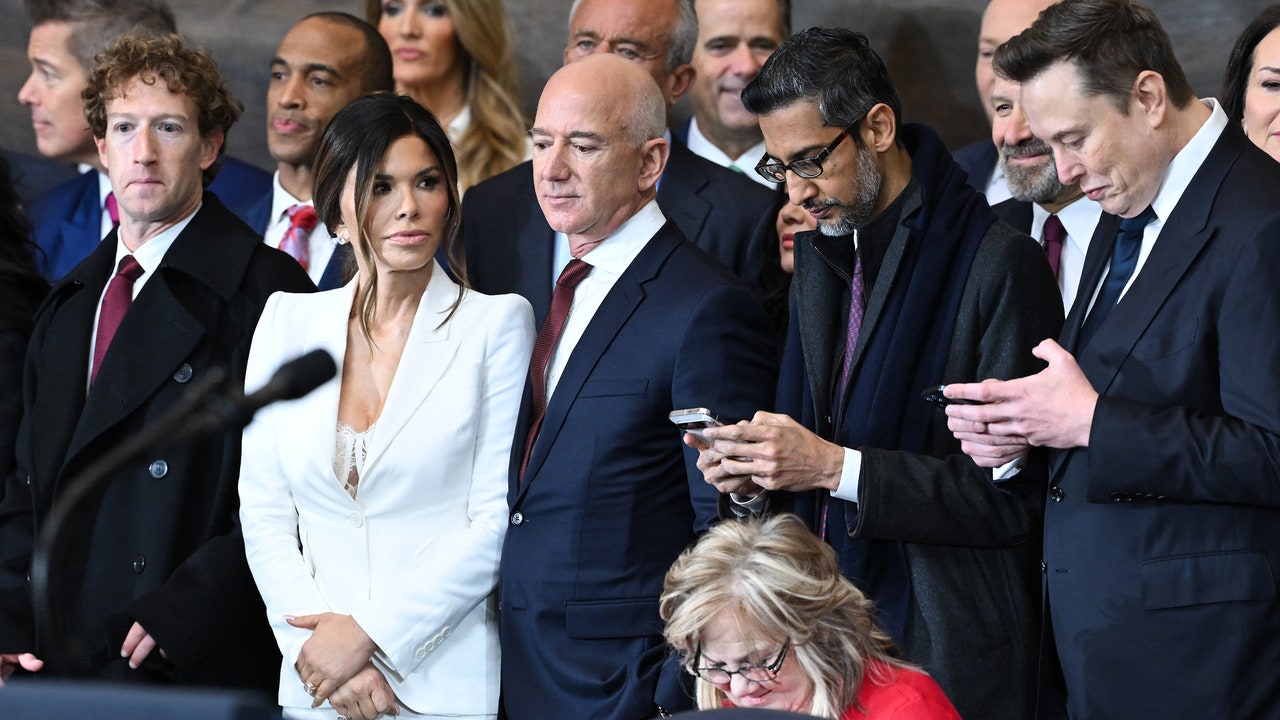Silicon Valley's Shadow: How Tech Giants Are Reshaping the Political Landscape

In the digital age, social media has transformed from a mere communication platform to a powerful political landscape reshaper. Politicians are no longer simply using social media as a broadcasting tool; instead, they are strategically molding their entire public persona to align with the dynamic rhythms of digital engagement.
The modern political persona has become a carefully curated brand, meticulously crafted to capture attention, generate viral moments, and resonate with increasingly digital-savvy audiences. Candidates now understand that their success hinges not just on policy substance, but on their ability to create compelling, shareable content that cuts through the noise of endless online information.
This evolution means politicians must be part communicator, part performer, and part digital strategist. They must master the art of concise messaging, understand platform-specific nuances, and create authentic yet strategic online narratives that connect with voters on an emotional and intellectual level.
Social media has fundamentally redefined political communication, turning traditional campaign strategies on their head and demanding a new breed of politically adaptive, digitally fluent representatives who can navigate the complex, fast-paced world of online interaction.

